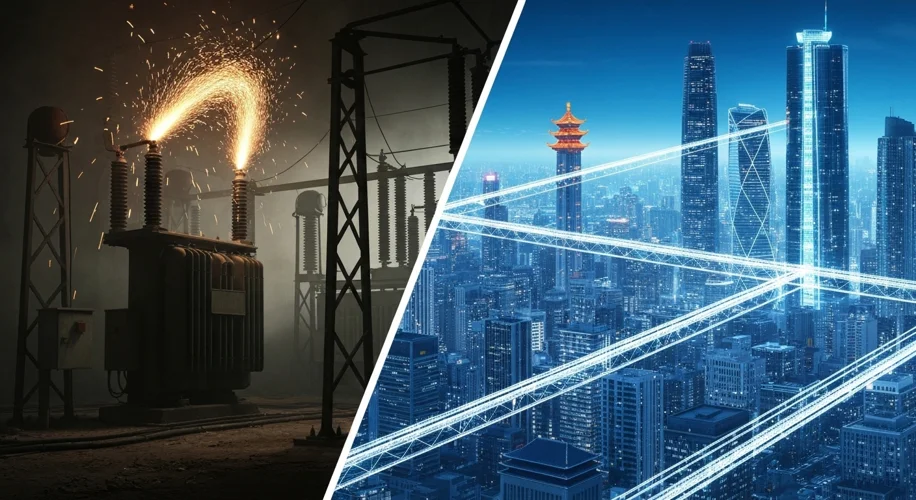As someone who’s spent decades in the tech world, I’ve always been fascinated by how innovation reshapes our lives. But lately, I’ve been thinking about a less glamorous, yet absolutely critical, piece of the puzzle: electricity. Specifically, how our power grid is becoming a major bottleneck for the AI revolution, and how this compares to China’s approach.
We’re building massive data centers to power AI, and these facilities are hungry for electricity. Think about the sheer computational power needed for advanced AI models. It all comes down to energy. The problem? America’s power grid, in many places, simply isn’t ready. It’s aging, it’s not designed for the concentrated, high demand of today’s tech hubs, and upgrading it is a slow, complex process.
This isn’t just a technical challenge; it’s becoming a geopolitical one. Reports suggest that China, on the other hand, has been strategically investing in and overbuilding its electricity infrastructure. While we’re grappling with grid limitations, they’re reportedly laying the groundwork for significant future energy demand, potentially giving them an edge in the AI race. This focus on energy infrastructure is a quiet but powerful play in the global competition for technological dominance.
From my perspective, this highlights a broader issue. We often get caught up in the dazzling advancements of AI – the new models, the capabilities – but we sometimes overlook the foundational elements that make it all possible. A weak power grid isn’t just an inconvenience; it’s a fundamental constraint on our ability to deploy and scale the very technologies that are supposed to define our future.
It forces us to ask some tough questions. Are we prioritizing the right infrastructure investments? How can we accelerate grid modernization to meet demand without compromising reliability or sustainability? This isn’t about choosing between AI advancement and a stable grid; it’s about recognizing that one cannot truly thrive without the other.
The implications reach far beyond just powering servers. It touches on energy policy, national security, and the future of economic competitiveness. As Arthur Finch, I believe we need a more nuanced approach, one that acknowledges the vital, often unseen, role of our energy infrastructure in shaping the future of technology and society.

